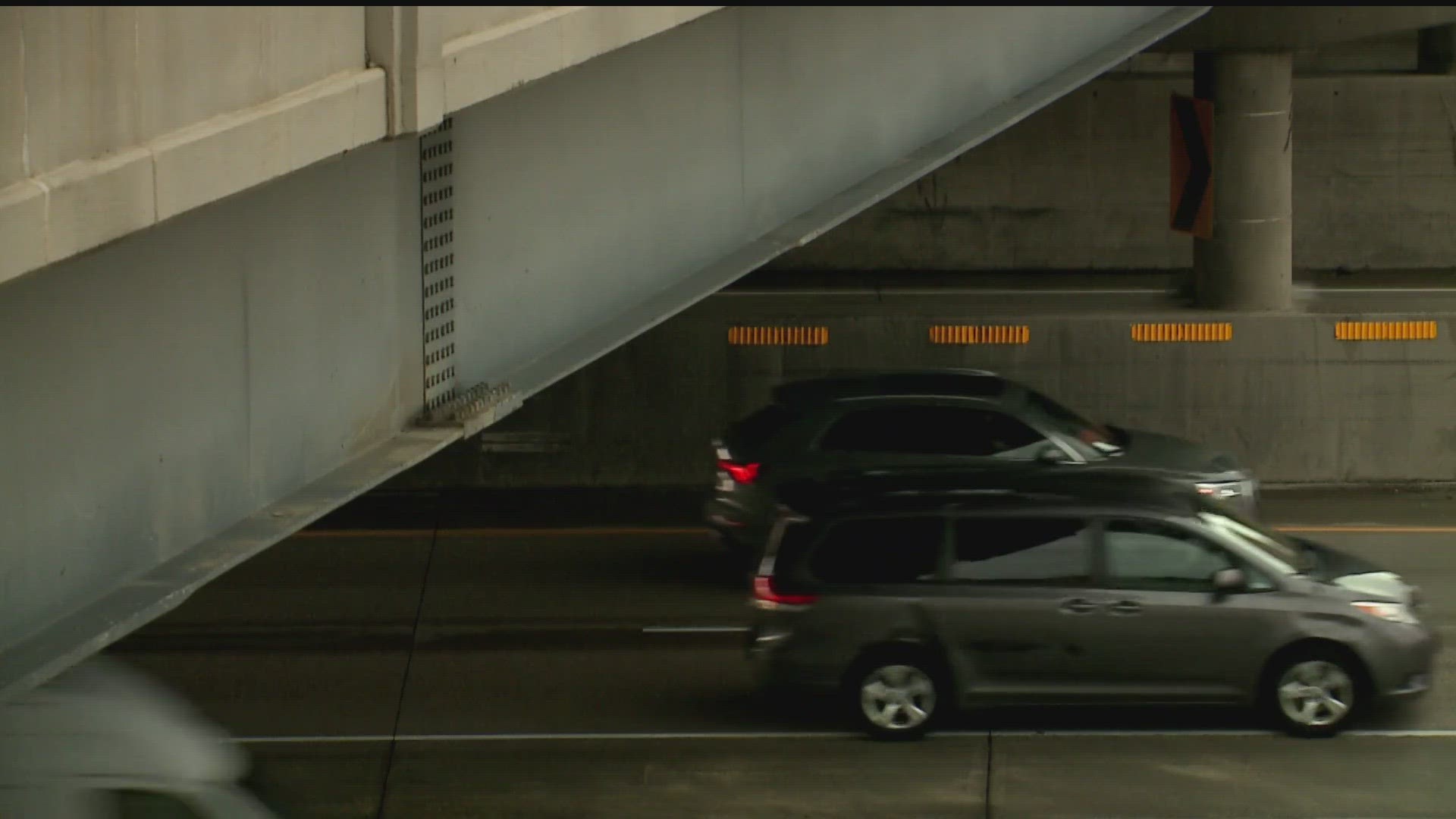MINNEAPOLIS — As the state of Minnesota gets one step closer to legalizing marijuana, many are focusing their concerns on what this all means when it comes to the safety of Minnesota roads.
Specifically for those who may choose to drive impaired.
"Believe it or not in this state there are still some people who think that driving high is legal whereas driving drunk is not legal," said Paul Aasen, president of the Minnesota Safety Council.
This is why those opposing the bill are calling for more support for law enforcement agencies tasked with keeping high drivers off the roads.
"There’s some work on piloting and verifying oral fluid testing which is using your saliva to test for the presence of certain drugs and substances," said Aasen.
In addition to training drug recognition evaluators as outlined in the legislation.
"Overtime it was added in and then the amount of money that is going toward it has been expanded," said Aasen. "That’s a good step, it is going to take a while to get these officers up to speed.”
For Aasen, the biggest challenge for law enforcement will be deciphering between two key factors.
"Just because you find marijuana or THC in my system doesn't necessarily mean I'm impaired," said Aasen. He went on to explain, "I think we need to separate safety from criminality, determine impairment, take a driver off the road that shouldn't be driving and then determine later if they are a criminal if they were using a drug in the way they shouldn't."
The bill's author, Rep. Zack Stephenson says there is no accurate roadside blood-level test to detect driving under the influence of cannabis, and peace officers will need training to accurately assess cannabis-impaired drivers.
$2.74 million in the 2024-25 biennium would fund a “statewide impaired driving coordinator” and support a pilot project to evaluate the efficacy of “oral fluid roadside testing.”
Watch more local news:
Watch the latest local news from the Twin Cities and across Minnesota in our YouTube playlist:

